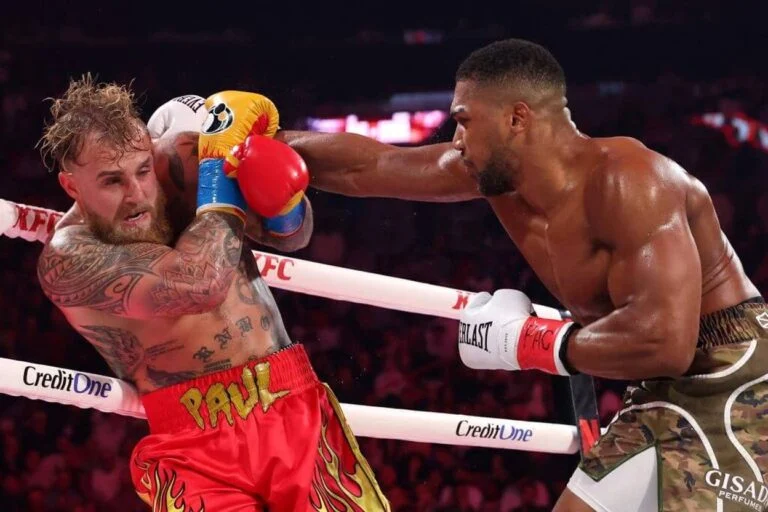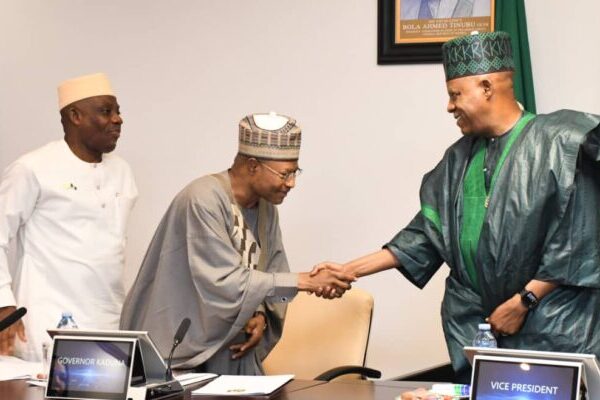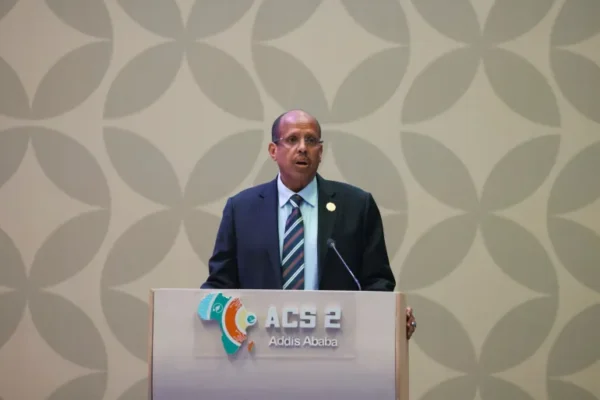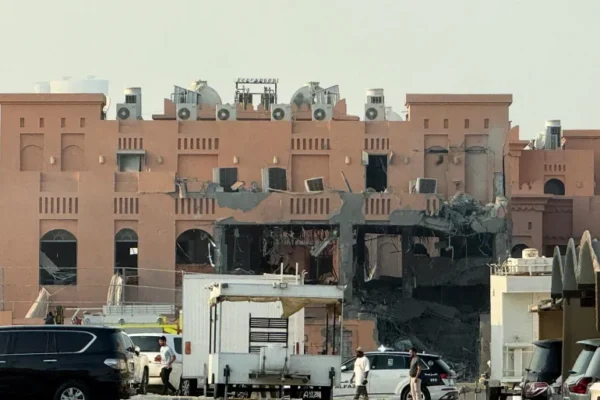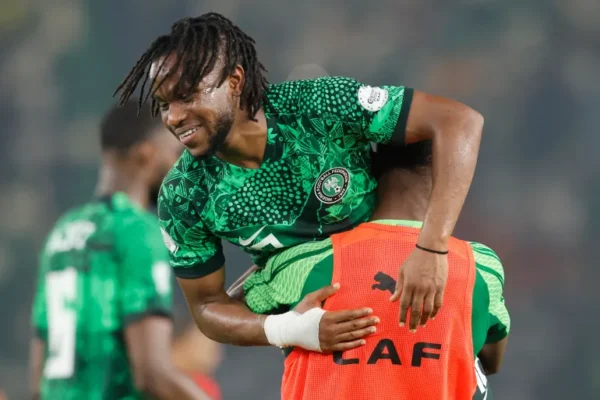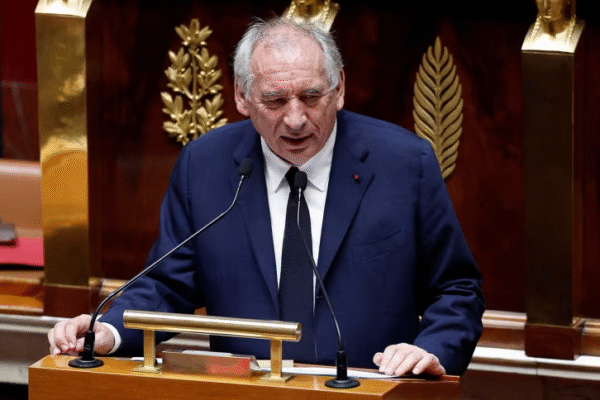
Israel launches airstrikes on Yemen’s capital Sanaa, day after bombing Doha
Published By Kamal Yalwa: September 10, 2025 Sanaa, Yemen – At least nine people have been killed and more than 100 injured after Israeli warplanes carried out airstrikes on Yemen’s capital, Sanaa, and the northern al-Jawf governorate on Wednesday. The attack comes just a day after Israeli forces reportedly struck Hamas leaders in Doha, Qatar. Yemen’s Ministry of Health reported 118 people wounded in what it described as Israeli aggression, noting that the death toll could rise as emergency teams continue rescue operations. The airstrikes targeted several civilian and government sites, including a medical facility on al-Sitteen Street in southwest Sanaa, residential homes in the al-Tahrir neighborhood, and the local government compound in al-Hazm, the capital of al-Jawf. The Moral Guidance Headquarters was also hit, according to Houthi-run Al Masirah TV, which reported casualties and property damage. Houthi military spokesperson Yahya Saree said the group responded with surface-to-air missiles, claiming that some Israeli aircraft were forced to retreat before releasing their weapons. In a statement, the Israel Defense Forces confirmed the attack, saying its air force targeted Houthi military positions, public relations offices, and fuel storage sites used for logistics and combat support. Prime Minister Benjamin Netanyahu stated the airstrikes were in response to a recent Houthi drone attack on Ramon Airport in southern Israel. Netanyahu said Israel would continue to strike back against any entity that targets it, warning that anyone who attacks Israel will be pursued. This strike is the latest in a series of Israeli attacks on Yemen. Last month, an Israeli air raid reportedly killed top Yemeni officials, including Prime Minister Ahmed al-Rahawi. The Houthis accused Israel of attempting to pressure the group into withdrawing its support for Gaza. They reiterated that their operations would continue until a ceasefire is achieved in the Palestinian territory, where more than 64,000 people have reportedly been killed since the war began in October 2023. The Houthis have also maintained a maritime blockade on Israeli-linked ships passing through the Red Sea and have launched drone and missile attacks on Israeli territory in support of Palestinians.

